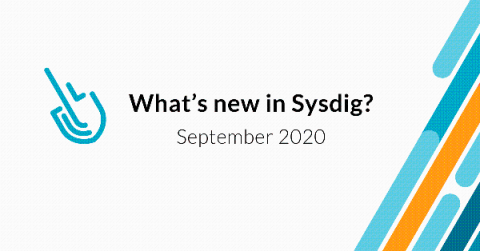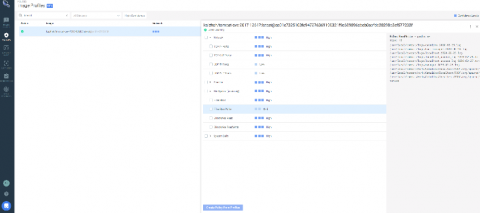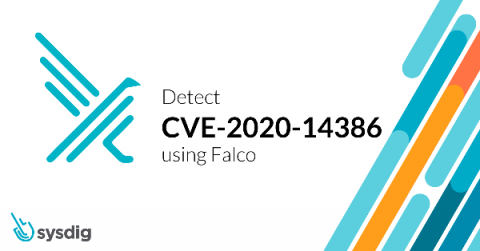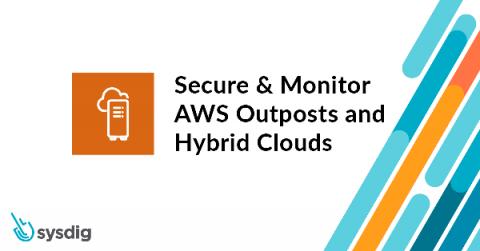What's new in Sysdig - September 2020
Welcome to our monthly update on what’s new from Sysdig! This month is a little eclipsed by last month’s big launch of Essentials and our new SaaS regions, KubeCon EU, and many of us finishing off the summer holidays and getting the kids packed off back to school. Our teams are busy working on some big feature releases which we don’t want to reveal just yet, but I think you’re all going to really love them in the coming months!











